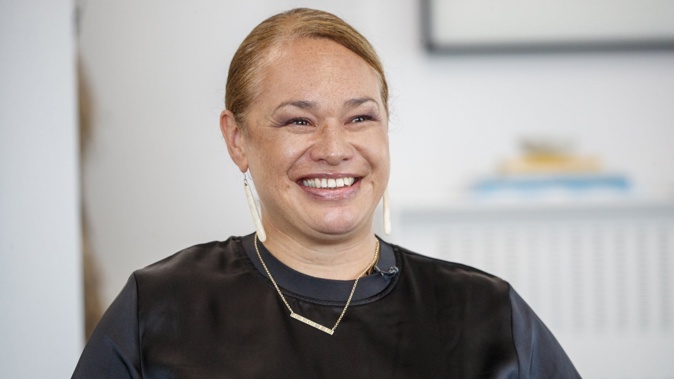PHOTO: Falling house prices, rising operating costs for construction firms, and higher interest rates have contributed to prospective buyers’ reluctance to purchase off-plan properties and developers’ hesitancy to bring new projects to the market. FILE
The ongoing economic downturn continues to have a significant impact on the residential building sector, leading to a decline in activity. According to StatsNZ, there were 45,159 new homes consented in the May year, representing an 11% annual decrease. This figure marks a decrease from the record high of 51,015 new homes consented in the year ending May 2022, bringing the numbers back to a level similar to the same period in 2021.
propertynoise.co.nz to launch real estate industry recruitment site
The 45,159 new residences include both stand-alone homes and multi-unit and townhouse properties. The most significant decline in consents has been observed for new stand-alone homes, with only 18,734 houses consented in the May year, reflecting a 24% decrease compared to the year ending May 2022.
In contrast, there was a marginal decline of 0.2% in the number of multi-unit homes consented, with 26,425 units approved during the same period. Among the multi-unit homes consented, there were 19,032 townhouses, flats, and units, showing a 3.2% decrease compared to May 2022. However, there was an increase of 3.1% in the consented number of apartments (4,164) and a significant rise of 16% in the consented number of retirement village units (3,229).
Michael Heslop, the construction and property statistics manager, highlighted that the annual number of new townhouses, flats, and units consented experienced a decline in May 2023 for the first time since late 2012. With the exception of Tasman, Nelson, and Marlborough, all regions in New Zealand reported fewer new home consents. The top four regions with the highest number of new homes consented in the year ending May 2023 were Auckland (19,539 consents, down 9.9% annually), Canterbury (7,917 consents, down 7.2%), Waikato (4,244 consents, down 18%), and Wellington (3,421 consents, down 12%).
In May alone, there were 3,725 new homes consented nationwide, representing an 18% decline compared to the same month in 2022. Among these, 1,732 were townhouses, flats, and units (down 19% from May 2022), 1,643 were stand-alone houses (down 20%), 225 were apartments (up 27%), and 125 were retirement village units (down 26%).
StatsNZ clarified that the number of new homes consented each month can vary significantly due to the timing of large multi-dwelling projects like townhouses and apartment buildings. In seasonally adjusted terms, there was a 2.2% decrease in the number of new homes consented in May compared to April, following a 2.6% decline in April.
Satish Ranchhod, a senior economist at Westpac, emphasized that an increasing proportion of consents are related to categories with irregular patterns, such as apartments. He suggested that the annual number of consents issued serves as a better indicator of building activity, pointing out the decline from the previous year’s peak.
Ranchhod further stated that the downward trend in consent issuance is expected to continue in the coming months due to challenging financial conditions in the construction sector. Falling house prices, rising operating costs for construction firms, and higher interest rates have contributed to prospective buyers’ reluctance to purchase off-plan properties and developers’ hesitancy to bring new projects to the market. Industry reports also indicate low levels of forward orders. Despite these challenges, Ranchhod noted that builders will need to continue their projects throughout the year.
Got an interesting property related story?












